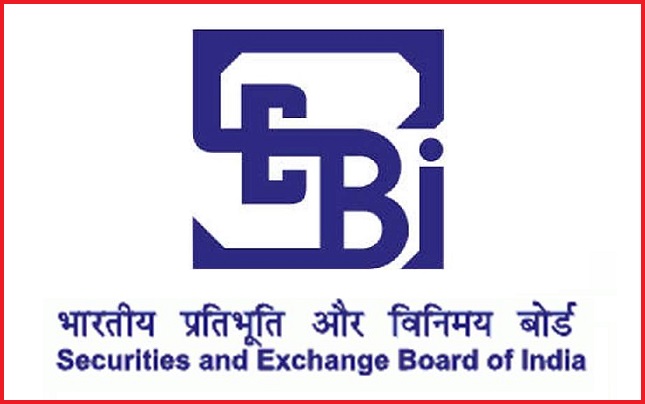The capital market regulator, SEBI, seems to be in a race to issue circulars without ensuring that the system is ready for the effective implementation of its regulatory provisions. Many of its recent actions have been driven by media reports, complaints from investors, or organizations like the Small Investors Welfare Association (SIREN). In some cases, it either failed to detect malpractices or chose to ignore them until an external party brought them to light. When frauds go unnoticed, SEBI’s incompetence is undeniable. When malpractices are ignored, its integrity comes into question. In both cases, traders and investors bear the brunt of the failure. Let’s take a closer look.
Media report propelled the Order: Take the recent order by WTM Ashwani Bhatia concerning LS Industries Limited (LSIL). This order was prompted by a media report. A credible media outlet, owned by the Adani Group, uncovered that LSIL’s shares had been manipulated to the extent of over 1089% in just two months. SEBI took action after the media broke the story, with its investigative wing kicking into gear. This raises several important questions: Was SEBI unaware of LSIL’s activities until the media report? Did someone within SEBI know of the issue but wait for an external push to take action? Is there any relationship between the Adani Group (which owns the media house) and LSIL that soured, leading to the exposure? Only SEBI, LSIL, and the media house can provide those answers.
What is clear, however, is that SEBI failed to detect a deeply rooted manipulation and flagrant abuse of the Prohibition of Fraudulent and Unfair Trade Practices in Securities Markets Regulations, 2003 (PFTUP), until the media exposed the wrongdoing. The investors who were unknowingly caught in this scam now feel cheated and betrayed.
The case of Trafiksol: Consider another example: the Final Order related to Trafiksol, issued by WTM Ashwani Bhatia. This order was prompted by SIREN’s intervention. SEBI had previously failed to identify the wrongdoings of Trafiksol ITS Technologies Limited (Trafiksol). Some critics argue that SEBI may have been aware of Trafiksol’s fraudulent activities but chose to ignore them until they became too glaring to overlook.
Matter related to Asmita Patel: Similarly, in the case of Asmita Patel Global School of Trading Private Limited, SEBI turned a blind eye until 42 victims came together to present evidence and file a complaint. When you read the order, it becomes clear how those 42 investors worked hard to expose the culprit. This individual was already well-known within the stock market, yet SEBI failed to spot the manipulative techniques. Critics now question why the broking entity involved with Asmita Patel was not held accountable.
Order related to Ketan Parekh and calculation of unlawful gain: In the case of the Ketan Parekh order, WTM Kamlesh Varshney made significant efforts to hold the culprit accountable. However, critics raised concerns about the calculation of unlawful gains. The turnover-related profits and brokerage were not considered. It’s hard to believe that SEBI investigators missed such key factors.
What we need is a proactive capital market regulator, one that acts as a true referee to ensure a level playing field. There are times when it seems that SEBI only takes action when the damage is already done.


